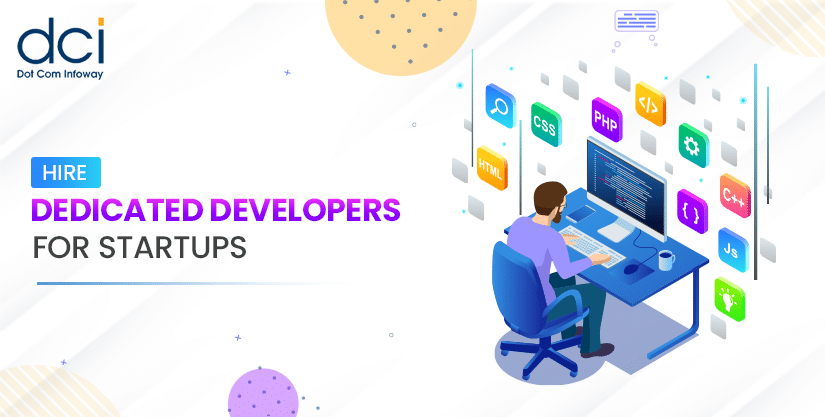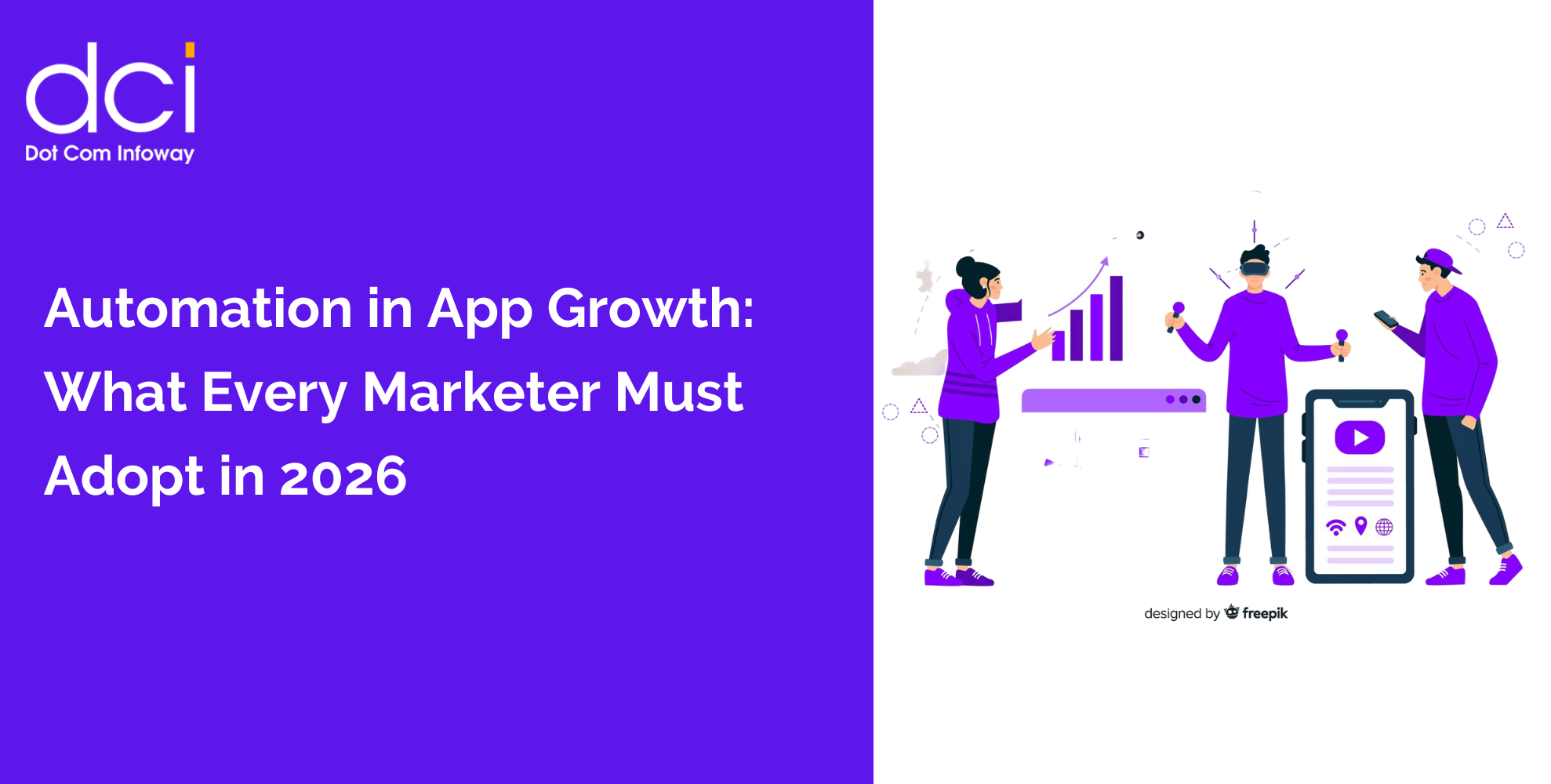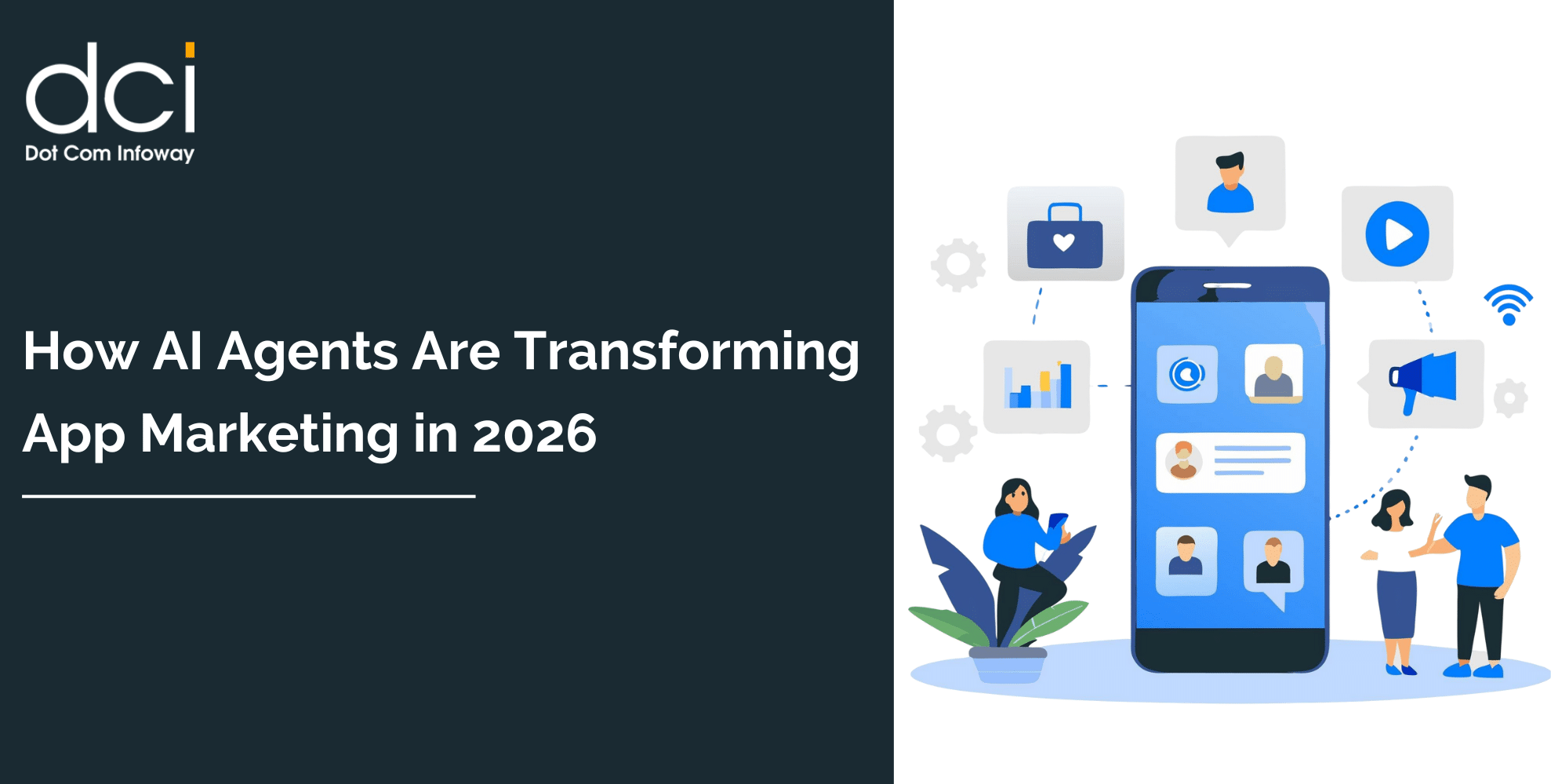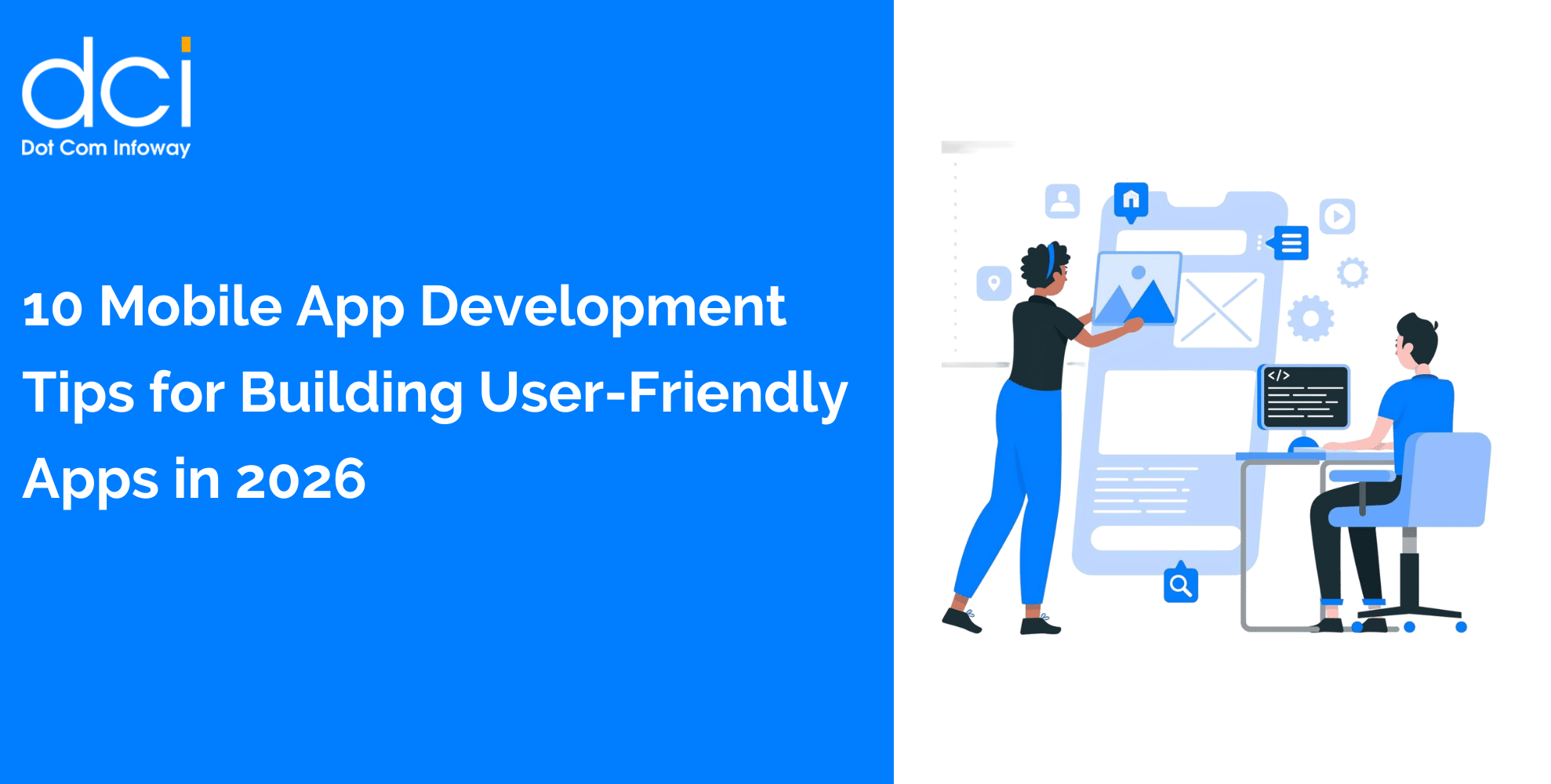Define Your Technical Requirements Before You Start
Here’s where most startups mess up: they jump straight into posting job descriptions without really understanding what they need. This is like trying to order food in a foreign language; you might get something, but it won’t be what you wanted.
Start by mapping out your project scope in detail. What platforms are you building for? Web, mobile, or both? Which technologies are non-negotiable versus nice-to-have? A Reddit user on r/startups shared their experience:
“We hired three developers before we realized we needed React Native, not just React. Cost us 6 weeks and $15k in wasted development.” – u/StartupFounder2024
Key questions to answer before you hire dedicated developers:
• What’s your minimum viable product (MVP) scope?
• Which tech stack aligns with your long-term vision?
• Do you need full-stack developers or specialists?
• What’s your timeline for different development phases?
Companies like Airbnb started with a simple Ruby on Rails application, but they clearly defined their core requirements from day one. This clarity helped them scale their development team systematically rather than reactively.
Choose the Right Hiring Model for Your Budget and Timeline
The dedicated development team for startups landscape has evolved dramatically. You’ve got three main geographic options, each with distinct advantages:
Onshore hiring gives you real-time collaboration and cultural alignment, but expect to pay $80-150 per hour for senior developers in major US cities. Nearshore development (think Latin America or Eastern Europe) offers 4-6 hour time zone overlap with rates of $35-65 per hour. Offshore software development for startups in countries like India or the Philippines can cost $15-40 per hour but requires more structured communication processes.
“According to Deloitte’s 2024 Global Outsourcing Survey, 78% of startups that successfully scale use a hybrid model: core team onshore, specialized tasks offshore.”
The startup software development outsourcing market has matured significantly. Platforms like Toptal report that 68% of their startup clients see 40% faster development cycles when they hire dedicated developers rather than managing multiple freelancers.
Master the Technical Screening Process
This is where the rubber meets the road. Technical screening for developers isn’t just about coding tests: it’s about finding people who can think like entrepreneurs while executing like engineers.
Create a multi-stage vetting process:
- Portfolio Review: Look for projects similar to yours in complexity and scope
- Technical Assessment: Give them a real problem from your domain
- Pair Programming Session: See how they think and communicate while coding
- Cultural Fit Interview: Gauge their startup mindset and adaptability
A developer from r/ExperiencedDevs shared valuable insight:
“The best startups I’ve worked with gave me a small paid project (2-3 hours) instead of a free coding test. It showed they valued my time and I got to see their actual codebase and processes.” – u/SeniorDevLife
Stripe famously uses this approach: they hire developers on short-term contracts first, then offer full-time positions to top performers. This “try before you buy” model reduces hiring risks significantly.
Leverage Data-Driven Sourcing Strategies
Remote development team hiring has exploded since 2020, creating both opportunities and challenges. The key is knowing where to look and how to evaluate what you find.
Top-performing sourcing channels for startups:
• GitHub: Search for contributors to projects in your tech stack
• Stack Overflow: Look for active contributors with high reputation scores
• AngelList: Specifically designed for startup talent matching
• LinkedIn: Use boolean searches for specific skill combinations
• Dev.to: Engage with developers sharing insights about your technology
Buffer, the social media management platform, built their entire development team through strategic GitHub sourcing. They identified developers contributing to open-source projects similar to their needs, then approached them with personalized messages highlighting specific contributions.
Structure Compensation and Engagement Models
The startup developer hiring process requires flexibility in how you structure deals. Fixed-price contracts work great for well-defined features, but most successful startups use time-and-materials or dedicated resource models for ongoing development.
Consider these engagement structures:
• Equity + Salary: Best for co-founder level technical leads
• Performance Bonuses: Tied to milestone completion or KPI achievement
• Retainer Models: Guaranteed monthly commitment for consistent availability
HubSpot’s early development team was largely built on performance-based compensation, with developers earning bonuses for user growth milestones and feature completion speed.







![The Game Marketing Guide: Pre and Post-Launch Strategies [Infographic]](https://www.dotcominfoway.com/wp-content/uploads/2023/09/DCI-Game-Marketing-blog-1.jpg)















